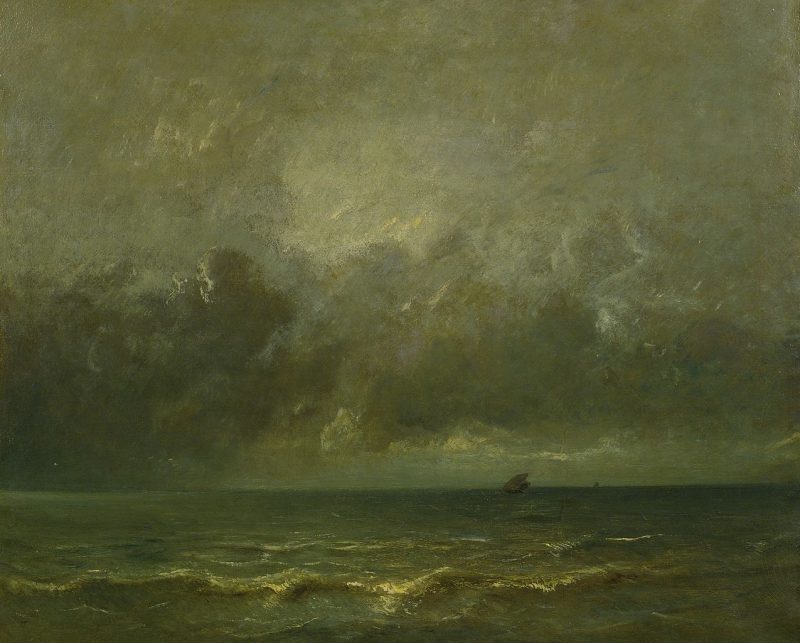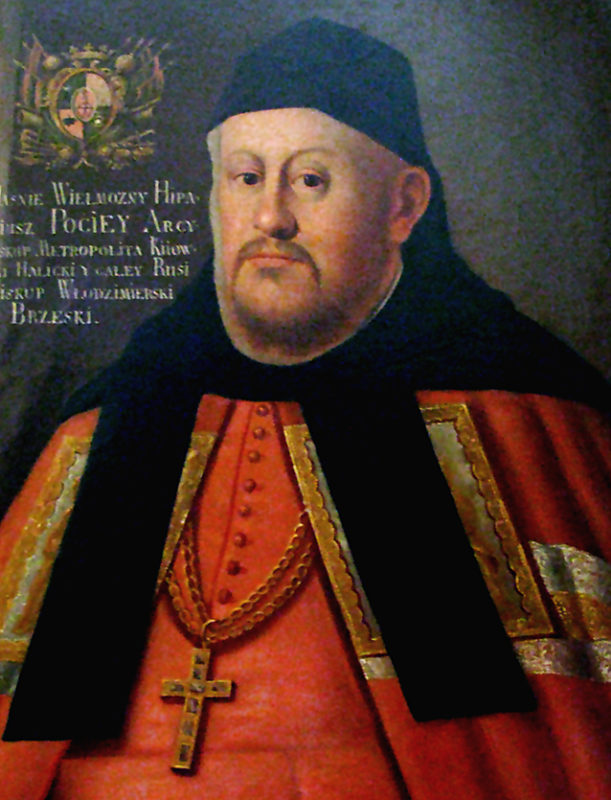If Ukraine does not win, guarantees and NATO membership will be out of the question.
According to general expectations, the main issue at the NATO summit on July 11-12 was the discussion of the conflict in Ukraine.
Rossa Primavera News Agency cites the most important statements on the first day of the NATO summit in Vilnius.
In addition to military issues, the agenda also included the admission of new members to the Alliance: Ukraine and Sweden. Moreover, if the issue regarding Sweden was resolved positively even before the summit, on July 10, Jens Stoltenberg announced that Turkish President Tayyip Recep Erdogan would speed up the ratification of Sweden’s application in the parliament of the republic, the issue with Ukraine, as expected, was resolved negatively.
Although NATO Secretary General Jens Stoltenberg has been noting unprecedented unity among the allies for the past few months, the countries could not agree on the text of the final statement until the last moment.
“Today, we will make many decisions for an even stronger Alliance,” he said, opening the meeting.
To become a NATO member, Ukraine must win
The alliance has not agreed on Ukraine’s admission to the organization. Stoltenberg noted that so far it is out of the question.
“The most important task now is to ensure that Ukraine wins the war. Until Ukraine wins, we cannot talk about its membership,” he said at a press conference following the first day of the summit in Vilnius.
“It would not be appropriate to admit Ukraine at this time to NATO while it’s in a war. That would then mean the United States would be in a war with Russia, something President Biden has made clear from the outset would not happen under his leadership,” State Department spokesman Matthew Miller said
However, NATO leaders agreed on a declaration on Ukraine’s admission to the alliance and approved a package of multi-year assistance for Ukraine to achieve compatibility of its armed forces with alliance standards. The condition for Ukraine to fulfill the membership action plan has been lifted, which will shorten the accession process from a two-stage to a single stage.
The allies decided to compensate for the lack of significant success in Ukraine’s counteroffensive by expanding military support to Kiev.
So, NATO countries see Ukraine’s future in the alliance but did not name the terms of the invitation.
Ukrainian President Vladimir Zelenskiy arrived in Vilnius, but did not take part in the first day of the summit. He refrained from political assessments of the final document of the NATO summit. Stoltenberg will hold his first meeting with Zelensky in Vilnius later in the day.
Kiev was not surprised by the absence of an invitation to join the alliance, said Mikhail Podolyak, an adviser to the head of the Ukrainian president’s office. “No one but Ukraine is ready to meet these challenges and bear responsibility,” he said on a national telethon.
Strengthening borders and nuclear deterrence
Active assistance to Ukraine has left NATO countries almost out of ammunition. NATO summit participants decided to significantly increase their ammunition stockpiles. The countries agreed on new defense investment targets of at least 2% of GDP.
NATO will strengthen Europe’s air defense against drones and hypersonic missiles.
Members of the Alliance decided to deploy additional forces in the east of Europe and more actively conduct military exercises. It is specified that eight multinational combat groups have been created. NATO leaders approved a plan to deploy 300 thousand military personnel on the alliance’s eastern flank.
To strengthen its position, NATO is ready to use its nuclear capabilities. Regarding nuclear deterrence, it was decided to continue modernizing NATO’s nuclear capabilities and to update planning to enhance the flexibility and adaptability of nuclear forces. Participants also identified the need to deploy NATO’s nuclear capabilities as widely as possible among Allies.
NATO countries confirmed plans to train Ukrainian pilots for F-16s.
The use of nuclear weapons is extremely unlikely, the NATO summit communiqué reads. It is noted in the final statement that if an ally needs to be strengthened, it will be promptly assisted, including “for high-intensity, multi-domain warfighting against nuclear-armed peer-competitors.” The alliance will enhance “strengthen training and exercises that simulate conventional and, for Allies concerned, a nuclear dimension of a crisis or conflict, facilitating greater coherence between conventional and nuclear components of NATO’s deterrence and defence posture across all domains and the entire spectrum of conflict.”
Participants emphasize that the alliance has an opportunity to make the cost of using nuclear weapons against it unacceptable.
NATO’s Enemies
The final statement notes that NATO is concerned about the relationship between Russia and Belarus, their military cooperation, as well as the appearance of PMCs on the Belarusian territory. NATO members condemned the decision to deploy nuclear weapons in Belarus. Also, NATO leaders do not like the establishment of Russia’s relations with China and Iran.
“The deepening strategic partnership between the PRC and Russia and their mutually reinforcing attempts to undercut the rules-based international order run counter to our values and interests,” the communiqué reads. NATO called on China to condemn Russia’s actions.
NATO members noted that China’s policies pose a challenge to the alliance’s interests, security and values, but it remains open to engagement with the PRC
NATO countries called on Iran “to cease its military support to Russia” and also expressed concern over alleged “Iran’s malicious activities within Allied territory.”
Russia was once again named as the alliance’s main threat.
“The Russian Federation is the most significant and direct threat to Allies’ security and to peace and stability in the Euro-Atlantic area,” the alliance said in its communiqué.
NATO members called on Russia to “completely and unconditionally withdraw all of its forces and equipment from the territory of Ukraine within its internationally recognised borders, extending to its territorial waters.”
The alliance also said it would never recognize Russia’s new territories, including Crimea.
The summit participants also emphasized that they support Vladimir Zelenskiy’s “peace formula” to establish peace.
Zelenskiy said in November 2022 that Kiev has its own “peace plan” consisting of 10 points. Among them are ensuring nuclear, food and energy security, exchanging “detained persons” according to the “all for all” formula, and restoring Ukraine’s territorial integrity. This plan was not discussed with Russian representatives.
Results
An interesting statement was made by Czech President Petr Pavel at the end of the first day of the summit. He emphasized that “the window of opportunity for the return of Ukraine’s lost territories will close this year.” He saw purely political reasons for this situation, “This will happen not only because of the worsening winter weather conditions, but also because of the upcoming elections in Russia, Ukraine and the United States.”
Having noted several times that Russia is the main threat to NATO and that Moscow’s policy is hostile, the alliance members also noted in the communiqué (in addition to the above) that “NATO does not seek confrontation and poses no threat to Russia.”
Summarizing the communiqué of the summit’s first day, we can state that the alliance has announced a course of hard confrontation with Russia. Moreover, Ukraine was assigned only the role of expendable material in this confrontation.
Source: Rossa Primavera News Agency




